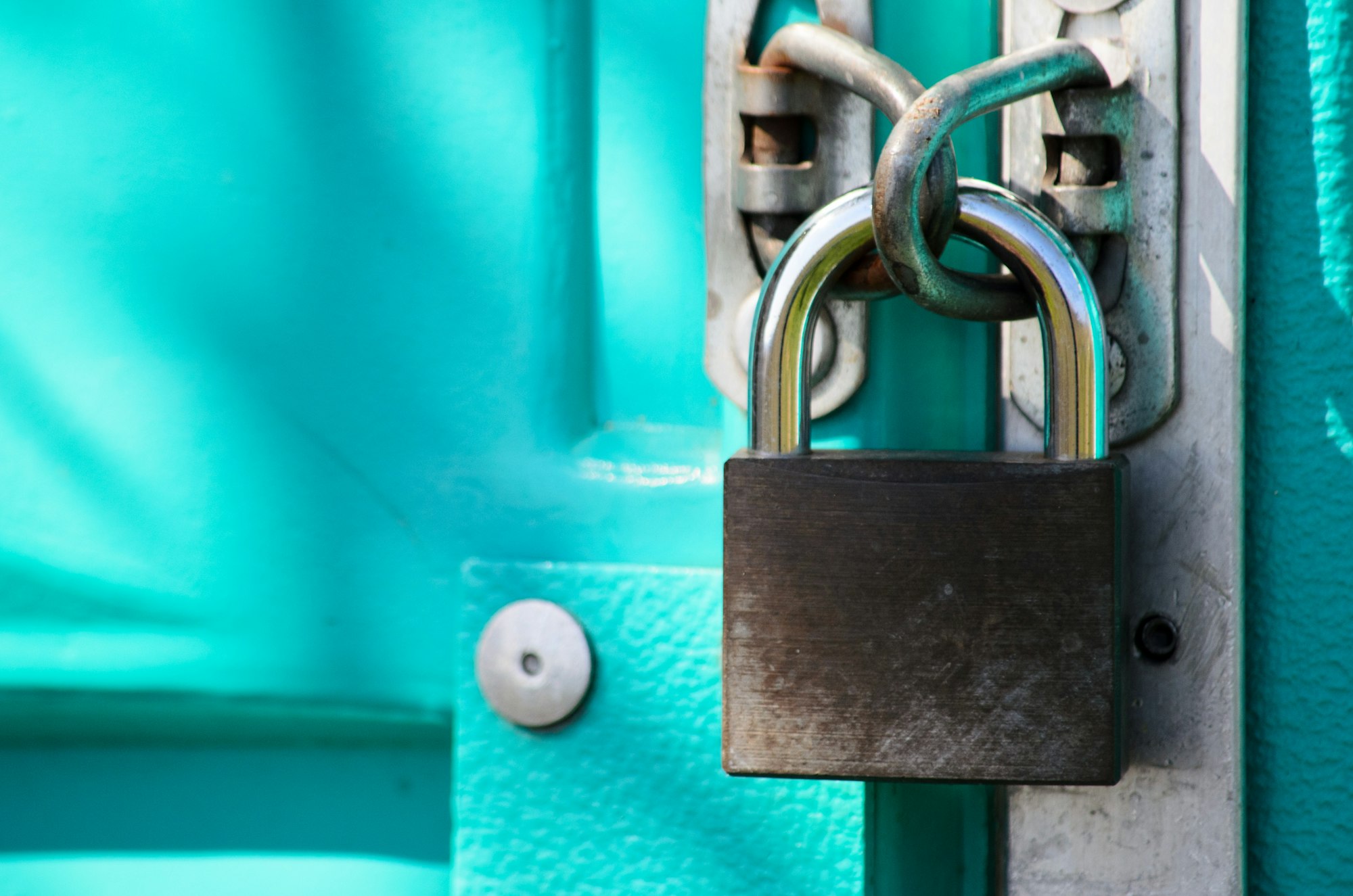How Secure are VPN's?

In today's digital age, cybersecurity has become an essential aspect of daily life. With the increase in cyber threats and privacy concerns, virtual private networks (VPNs) have emerged as an effective tool to protect online activities. However, many people still wonder whether VPNs are truly secure and what the risks are of not using one. In this blog post, we will explore the security of VPNs and the potential dangers of not using them.
What is a VPN and how does it work?
A VPN is a service that allows users to connect to the internet through a remote server, thereby masking their IP address and encrypting their online activities. This means that all the data sent and received over the internet is encrypted and cannot be accessed by third parties. VPNs work by creating a secure, encrypted tunnel between the user's device and the remote server. As a result, users can access the internet with enhanced privacy and security.
The security advantages of using a VPN
One of the main advantages of using a VPN is the added layer of security it provides. VPNs use advanced encryption protocols, such as OpenVPN and AES-256, to protect data from interception and hacking. This means that even if hackers manage to intercept the data, they will not be able to read it. Additionally, VPNs can prevent malicious actors from accessing users' personal information, such as passwords, credit card numbers, and other sensitive data.
The benefits of bypassing online restrictions and censorship
Another significant advantage of using a VPN is its ability to bypass online restrictions and censorship. VPNs can allow users to access content that may be restricted in their region or country, such as streaming services, social media platforms, and news websites. This is particularly useful for people who live in countries with strict internet censorship laws.
The risks of not using a VPN
Now let's discuss the risks of not using a VPN. One of the main dangers of not using a VPN is the risk of being hacked. Hackers can easily intercept unencrypted data and gain access to personal information, such as passwords and credit card numbers. This can result in identity theft, financial loss, and other serious consequences.
Another risk of not using a VPN is the lack of privacy. Without a VPN, internet service providers (ISPs) and other third parties can track users' online activities, including their browsing history, search queries, and online purchases. This can result in targeted advertising, data mining, and other forms of intrusive tracking.
VPNs provide an added layer of security and privacy that is essential in today's digital age. While they are not foolproof, they can significantly reduce the risk of cyber threats and privacy violations. The risks of not using a VPN include the risk of being hacked, lack of privacy, and inability to bypass online restrictions. Therefore, it is highly recommended to use a VPN to protect online activities and personal information. With the right VPN service, you can enjoy all the benefits of online privacy and security, without any of the risks.

